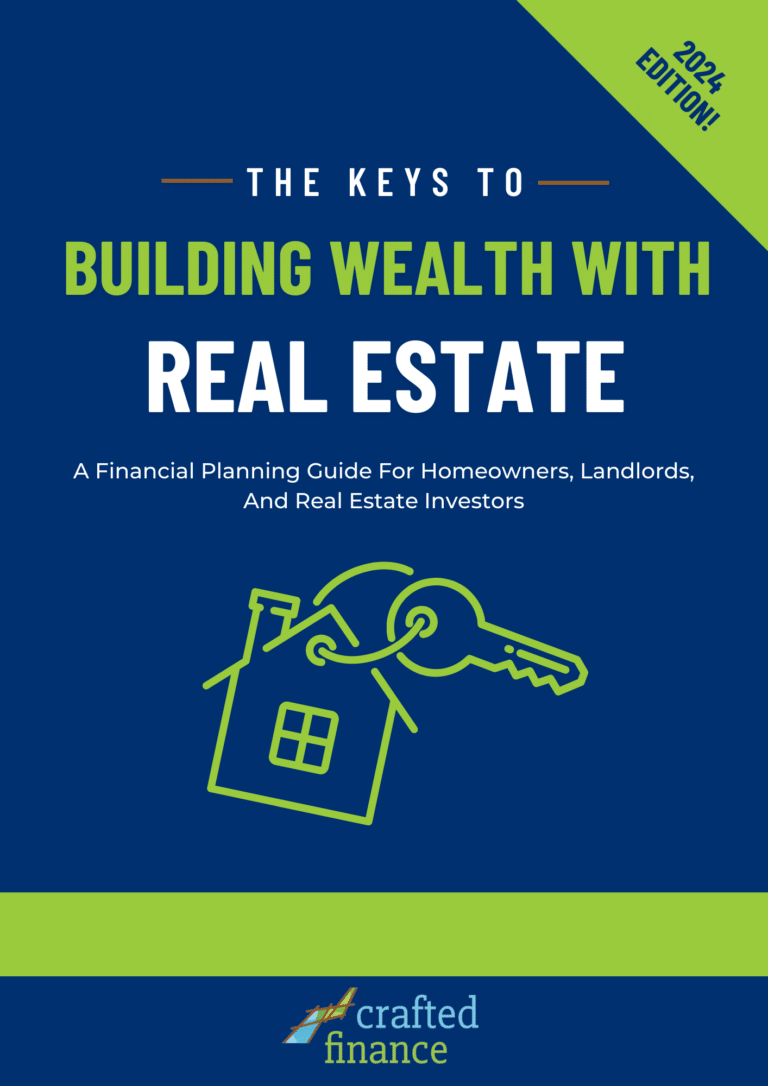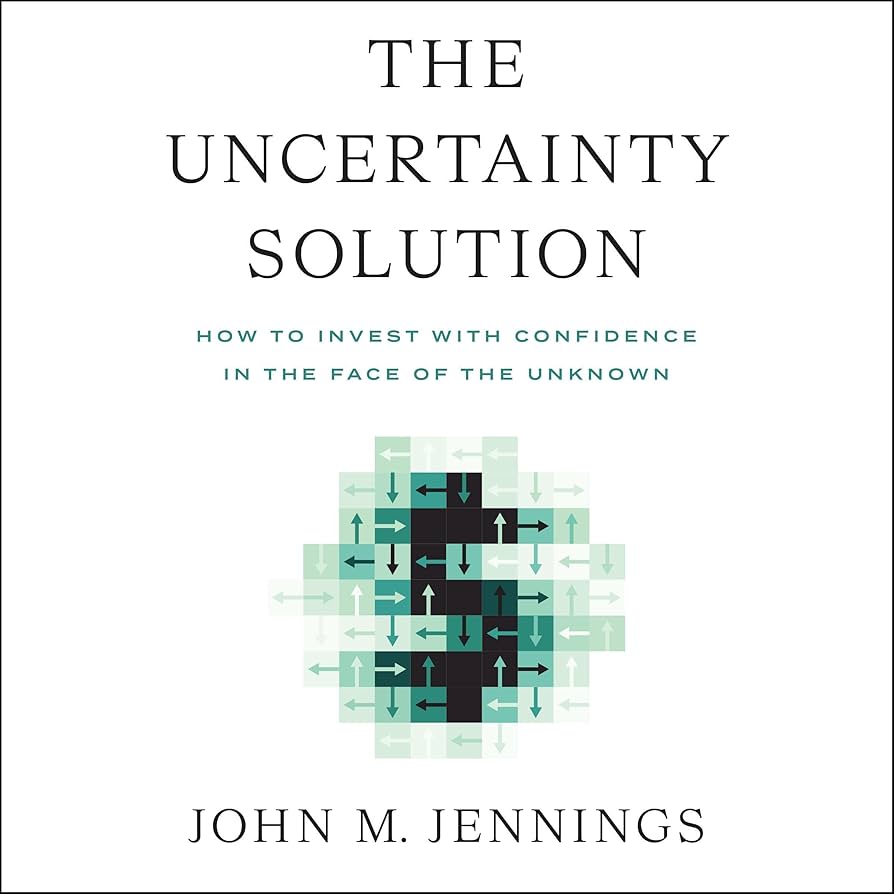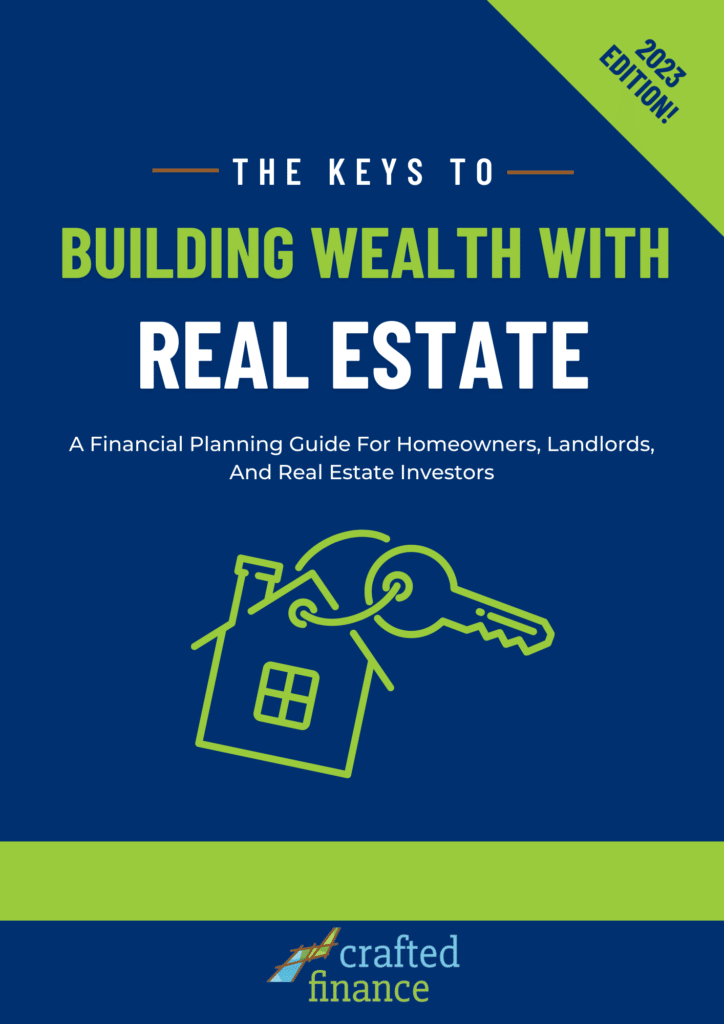1) Trading Your Current Investments For Safer Ones
When the market is down, “safer” investments appear attractive. Bonds and certificates of deposit (CDs) start to look like much-needed chill pills. But if you overindulge in their stability, the long-term side effects can cause your portfolio some serious damage.
Whenever you sell down investments, you’re hurting yourself in a variety of ways. You lock in losses, have less capital to reinvest, and lose out on potentially huge long-term turnaround gains. So if you think your money is better off in the bank, think again.
Bonds and CDs have plenty of their own risks. Many CDs don’t even pay interest consistent with target inflation. And in case you live under a rock, we’re waayyy above target inflation. Some bonds, on the other hand, offer inflation-consistent returns (ex: I Bonds). But you don’t want your investments to just keep their purchasing power- you want them to grow it!
Please note: There’s a place for safer investments. But overcorrecting into them is a great way to hurt yourself in the long-run. The degree to which you should use them will depend on your risk tolerance, life stage, and retirement goals. We can review all three on a complimentary call.
2) Getting “Sold” A Life Insurance Policy
We know our time is limited, and that fear can cause us to act impulsively. Worse yet, down economies can exacerbate this problem. When the vulnerability of your loved ones is at an all-time high, your ability to weigh options critically may be at an all-time low.
As a financial advisor, I like to think people are well aware of predatory life insurance practices. But sadly, this isn’t always the case. Many people still get sold on cash value (ex: whole life or universal life) insurance policies as great “investments.”
They overlook that the cash value grossly underperforms the market, lowers the policy value when borrowed, isn’t paid out with the death benefit, and takes a long time to accumulate. Oh, and whole life policies can be five to fifteen times more expensive than their term alternatives offering the exact same death benefit (the real value of owning life insurance is what your beneficiaries are paid at your death).1
Not exactly sure what your life insurance needs are' We can discuss them over a free call.
3) Getting “Sold” An Annuity
In some cases an annuity may make sense. But this really depends on specific (often rare) individual circumstances. That said, there’s plenty of bad annuities out there you wouldn’t want to touch with a 10 ft pole.
Again, as a financial advisor this is something I’d like to believe most people know. But like overpriced life insurance, many people are still getting sold on bad annuities.
The annuity’s role should be remembered for stability. But stable investments aren’t going to keep you on top of inflation. They’re also bogged down with tons of costs. These include but aren’t limited to management fees, surrender charges, and mortality expenses.
So what makes them so attractive' Well, fear. When you’ve worked your entire life and finally hit retirement, “guaranteed income” has a real ring to it. But annuities have the potential to do far more harm than good. So if you’re feeling unsure about your retirement income, let’s talk.
4) Rental Property Fantasies
Look, at Crafted Finance we’re big believers in real estate. There are many ways to leverage it, and bolster your wealth. Zero of those ways involve short-sighted thinking. But unfortunately, that’s exactly the type of thinking that often comes with investing in rental properties.
Important things to know about the present real estate market:
-
- The median U.S. home price is a staggering ($428,700).2
-
- Everything real estate is cyclical. There may be low rental vacancy now. But given that the mortgage rate has more than doubled since last year, tenants may soon resist increases in rent.
There is less margin for error for present day rental property buyers. And can you handle these modern problems along with traditional tenant issues, property damage, and ongoing maintenance costs' Because property owners need more liquidity than before. So for some, now’s not the time for a rental!
Being opportunistic in a time of fear is great. In fact, it’s a key investor mindset. But don’t let your boldness turn to brashness by investing naively in something as expensive as a rental property.
5) Overconfidence in Your Ability to Pick Investments
Oh the ego, how it loves to convince us we’re financial wizards. But even people paid to be stock-picking magicians are rarely up to the task. SPIVA research has shown over a fifteen-year period that the vast majority of small-cap (97.70%), mid-cap (95.13%), and large-cap (92.43%) active fund managers have failed to outperform their S&P index counterparts.4
After the recent downturn, some are finding out that their “talent” might have just been riding the rising tide. If the people who eat, sleep, and breathe financial analysis aren’t beating the market consistently, what makes you think you can' Again, it’s great to have an action-taking mentality in times of scarcity. But just like avoiding naivety, you also need to avoid arrogance.
The latest and greatest tech stocks may seem like a ticket to sky-high returns (and in fairness, they may be). But if you don’t have the financial windfall to handle the losses, placing too big a bet can devastate you in the long-term. Check out the chart below to see just how inconsistent top-performing stocks of the last decade can be!5
How Crafted Finance Can Continue to Help
At Crafted Finance, we’re in your corner during the tough times. We understand how scary it can be navigating a market like this. And more importantly, we know the types of mistakes you’re prone to make from a place of fear.
Don’t fall into the traps of overly safe investments, unnecessary life insurance, or over expensive annuities. And don’t allow yourself to be blindsided by the risks of over investing into rental real estate or individual stocks.
We’re here to help you find the life insurance, investments, and real estate that’s right for you and your retirement. And that all starts with a completely free conversation. Please feel free to reach out to us at (650) 336-0598, or schedule your complimentary consultation at a time that works best for you.













